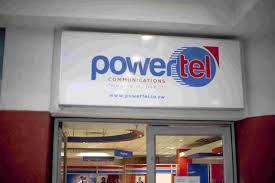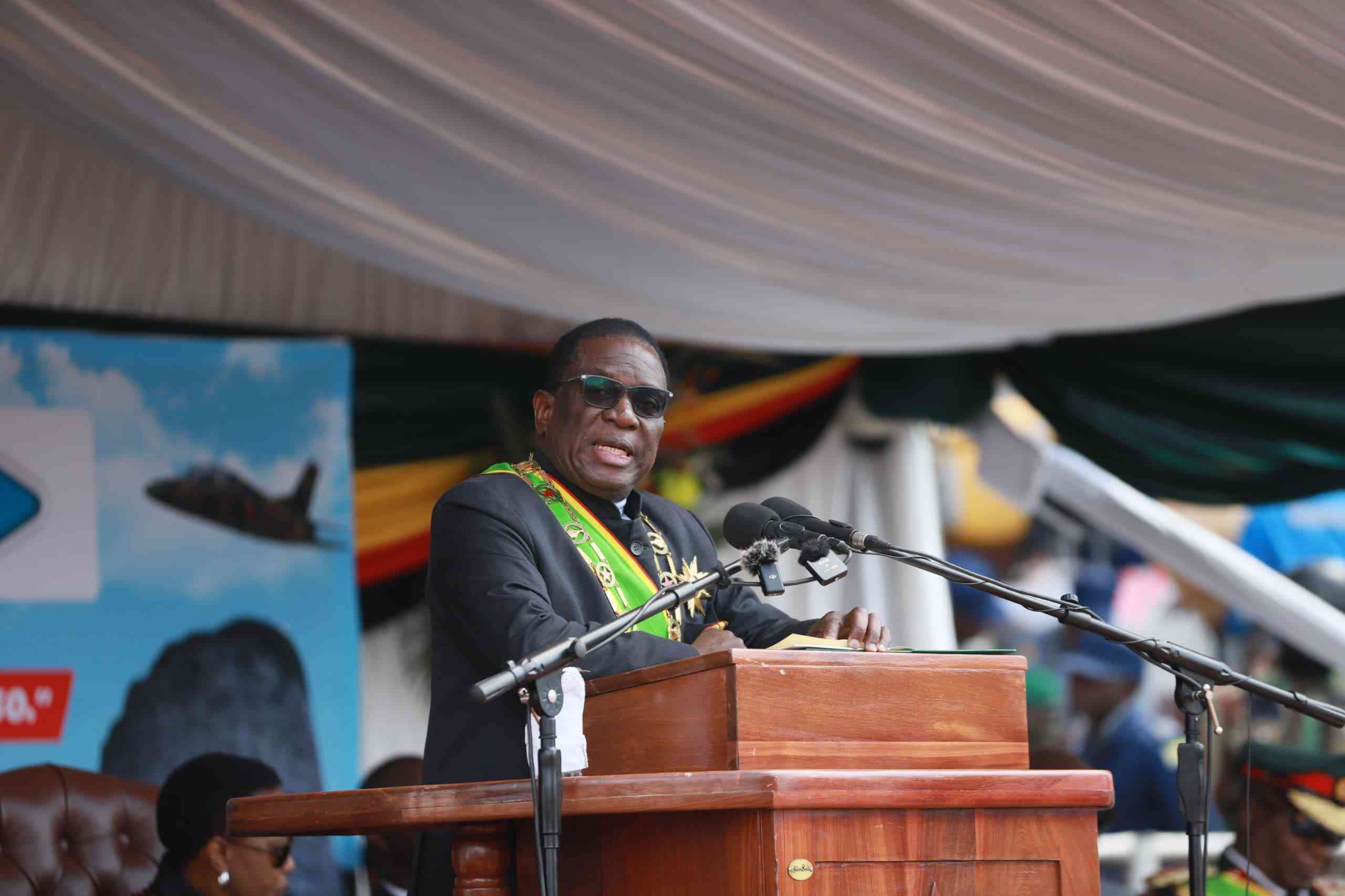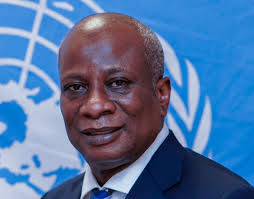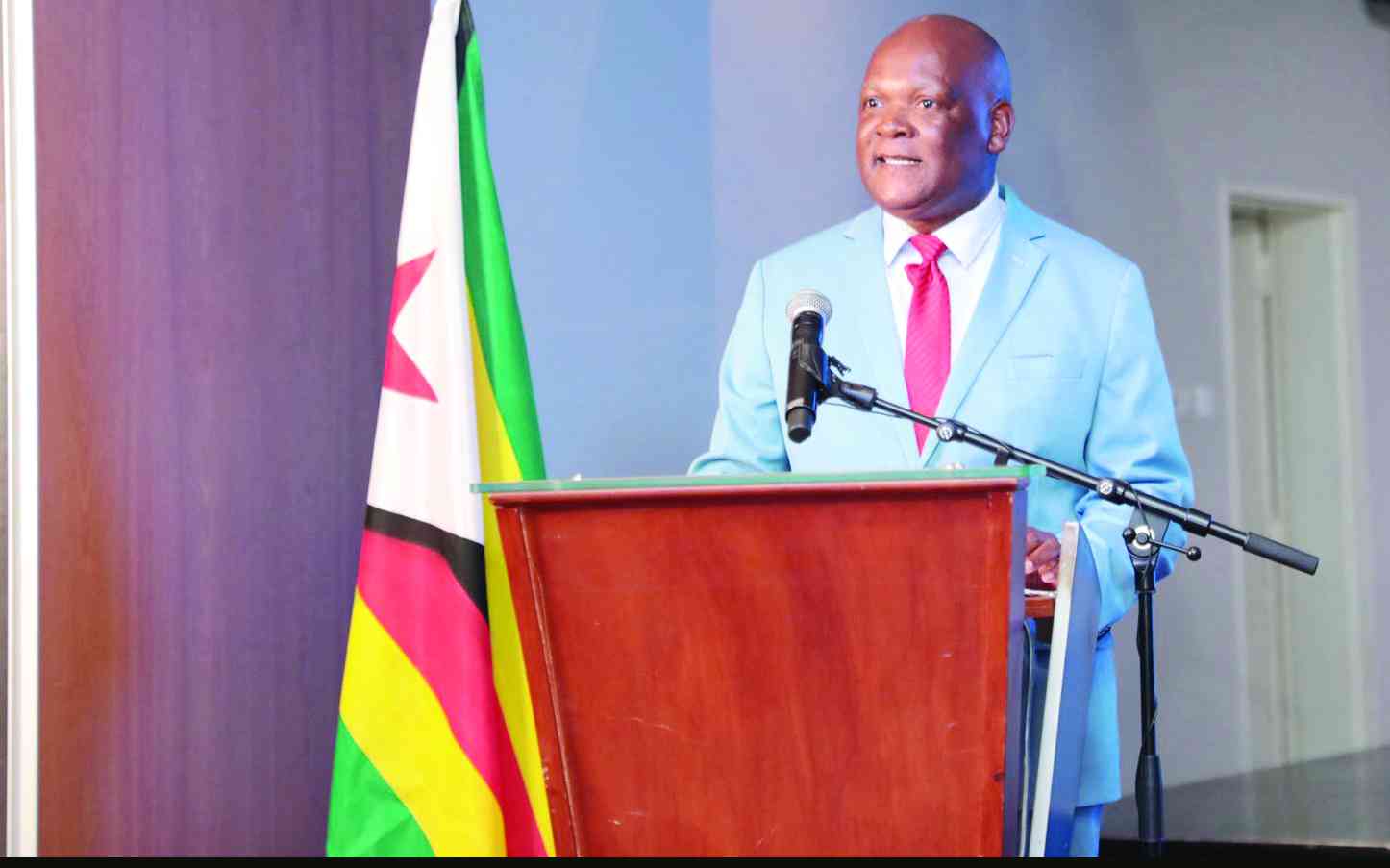The preparation of the public-private-partnership (PPP) projects is very crucial since planning is the fundamental part of project management. The next stage will be the process of selecting a partner with the financial, technical and management expertise to run the project once awarded. The challenge that is there is that there are many interested parties at that stage, that include the business community, politicians and citizens. This exerts a lot of pressure on the procuring entity and can lead to a hurried and ill-informed decision. The general requirements are that a PPP partner is engaged in a transparent, fair and competitive manner.
PURCHASING & SUPPLY NYASHA CHIZU
The requirements for transparency are that the opportunities are advertised and expressions of interest are invited from interested parties. For this process to be successful, the procuring entity must ensure that it has adequate expertise to undertake the evaluation process. In case such expertise is not available, specialist consultants can be engaged particularly for that purpose.
Publicity of the opportunity achieves transparency and the wider the publicity, the higher the chances of extensive competition that will achieve value for money and innovation in the project for the benefit of the ordinary citizen. Newspapers of wide circulations, professional journals and publications on the organisation’s website are highly likely to achieve the desired results. In addition to achieving transparency, it is important to achieve fairness in the process as well.
Fairness relates to the manner in which you treat the possible partners seeking to express their interest in a project. The window period for probable partners to submit their proposals must be adequate as well as reasonable. It must take into account the size and complexity of the project. Some simple projects might require as little as 30 days to submit expressions of interest, while complex ones might require more time.
During the invitation for expressions of interest, some firms might want to clarify issues pertaining to the request or the project in general. The handling of the clarifications must be transparent and fair. Issues clarified shall be communicated to all bidders and such communication shall not disclose the source of the query to achieve transparency. Further, in an effort to achieve fairness, the communication must be issued simultaneously to all interested parties. The time that the communication is issued must be adequate to facilitate adjustments in the submissions before the deadline in order to achieve fairness in the process.
Keep Reading
- Chamisa under fire over US$120K donation
- Mavhunga puts DeMbare into Chibuku quarterfinals
- Pension funds bet on Cabora Bassa oilfields
- Councils defy govt fire tender directive
After the shortlisting of qualified expressions of interest, requests for proposal are then issued. Requests for proposals shall contain the details of the project and minimum design specifications. The procuring entity must then choose whether to adopt a single or two-stage tender. A single stage process requests both the technical and financial elements of the project to be submitted in one envelope, while the two-envelope separates the two. The evaluation follows the type of process adopted with the two stages separating the evaluation of the technical solutions from the commercial issues.
The evaluation of the proposals follow a strict criteria that will be specified in the request for proposals. The same will be done even when only one bid is submitted in order to effectively guarantee a decision that achieves value for money. After the award, negotiations that follow transparent provisions are then engaged on the negotiable elements of the submissions.
The losing bidders are advised of the reasons for their failure and a notice of award is generally published in the same manner as the invitations. The same is done for the PPP contract that is signed, it is also published on the procuring entity’s website.
A transparent, fair and competitive process is the only means of achieving the best partner for any solicited PPP project.
Nyasha Chizu is a fellow of the Chartered Institute of Procurement and Supply writing in his personal capacity. Feedback: nya.chizu@gmail.com Skype: nyasha.chizu





